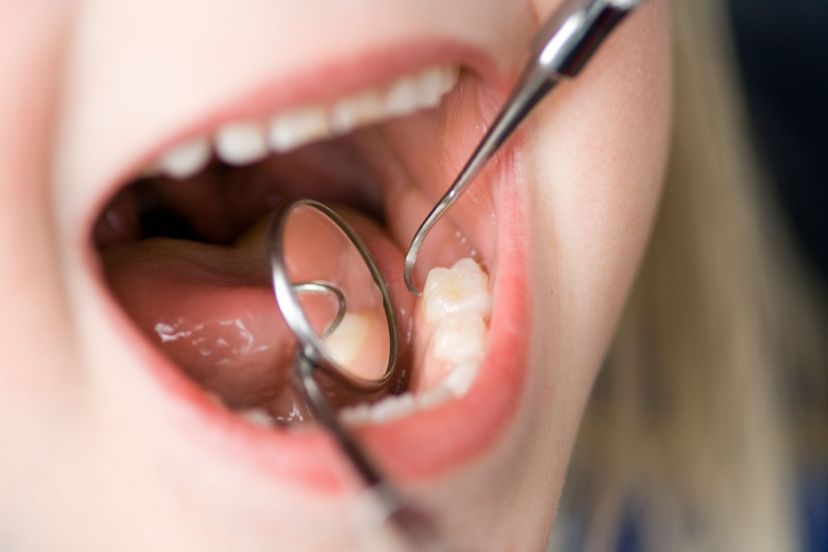If you were not born with straight teeth, you do not have to settle for a lifetime of crooked teeth. There are a number of treatment options available to you, no matter how crooked, or misaligned your teeth are. In addition to the cosmetic problems associated with crooked teeth, they also can cause a variety of other issues including:
1. Pain
2. Speech Problems
3. Problems with self-esteem and self-confidence
In most cases crooked or misaligned teeth can be restored to their proper position using orthodontic braces. With Orthodontics in Irving, you can have all types of orthodontic disorders repaired. There are several different types of braces including:
1. Metal braces
2. Ceramic braces
3. Lingual braces
4. Invisalign
Metal Braces: Most orthodontic issues can be successfully treated using metal braces. With metal braces the brackets are attached to the front of the teeth. Thin metal wire is fed through each of the brackets and then attached to the back teeth. As the wires are tightened the teeth are pulled back into their proper position.
Ceramic Braces: If you have mild orthodontic problems, and you do not like the way metal braces look on your teeth, Orthodontics in Irving may be able to provide you with ceramic braces. While ceramic braces are also attached to the front of your teeth, they are made of a tooth colored ceramic material, which makes them less visible.
Lingual Braces: Unlike ceramic, or metal braces, lingual braces are attached to the back of the teeth. Many people prefer lingual braces because they are not visible to other people. One problem with lingual braces is that they can cause cuts to your tongue.
Invisalign: If you want your bite repaired but you don’t want to deal with braces that are attached to your teeth, you may want to consider Invisalign mouth aligners. With Invisalign, your teeth are straightened using a sequence of plastic mouth guards. Instead of tightening wires to straighten your teeth, you will switch mouth guards. Treatment with Invisalign will take longer than other treatments.
Whether your child requires orthodontic care, or you are considering braces for yourself, you should speak to an orthodontist in your area. If you have questions regarding treatment options.



